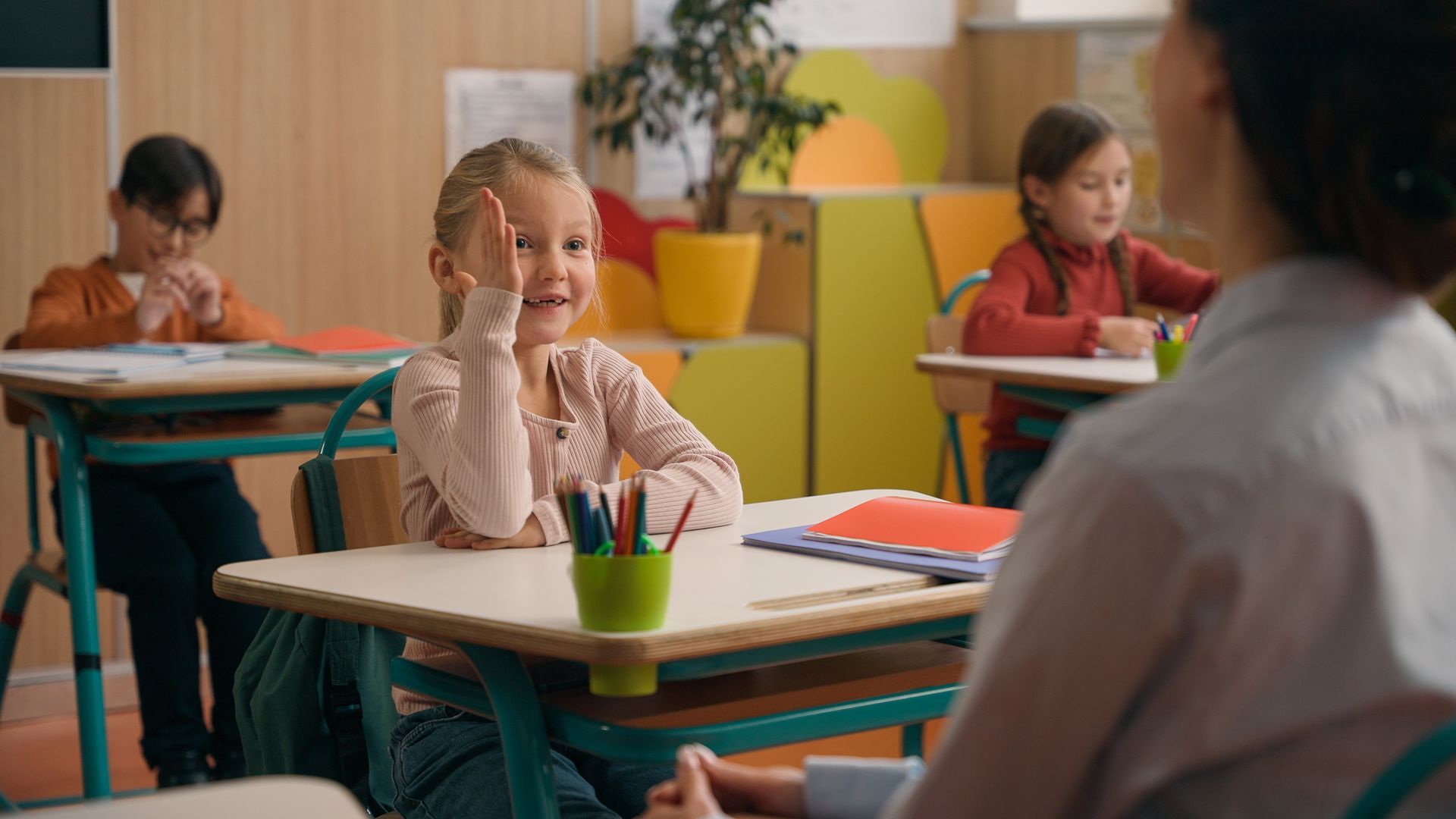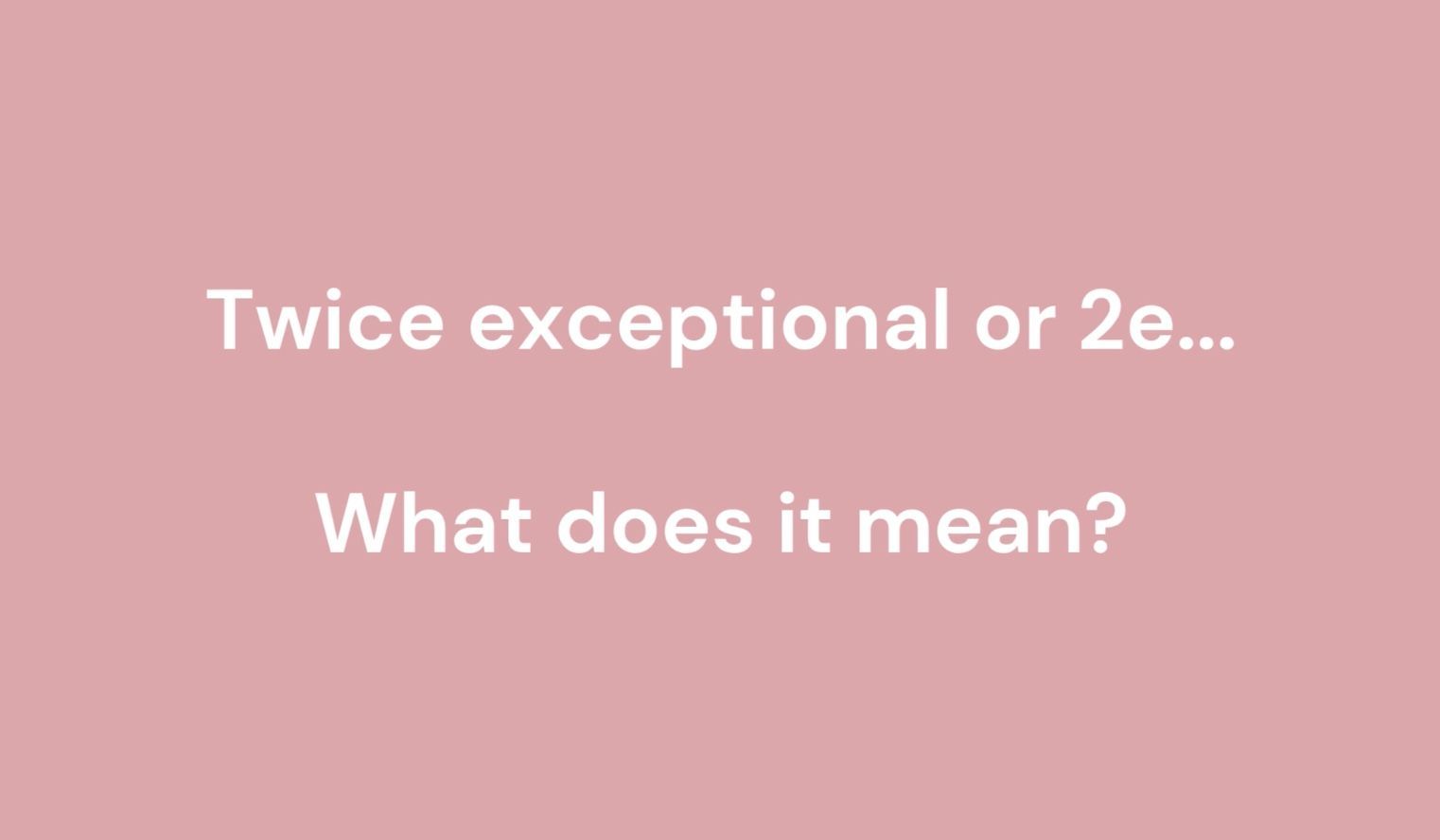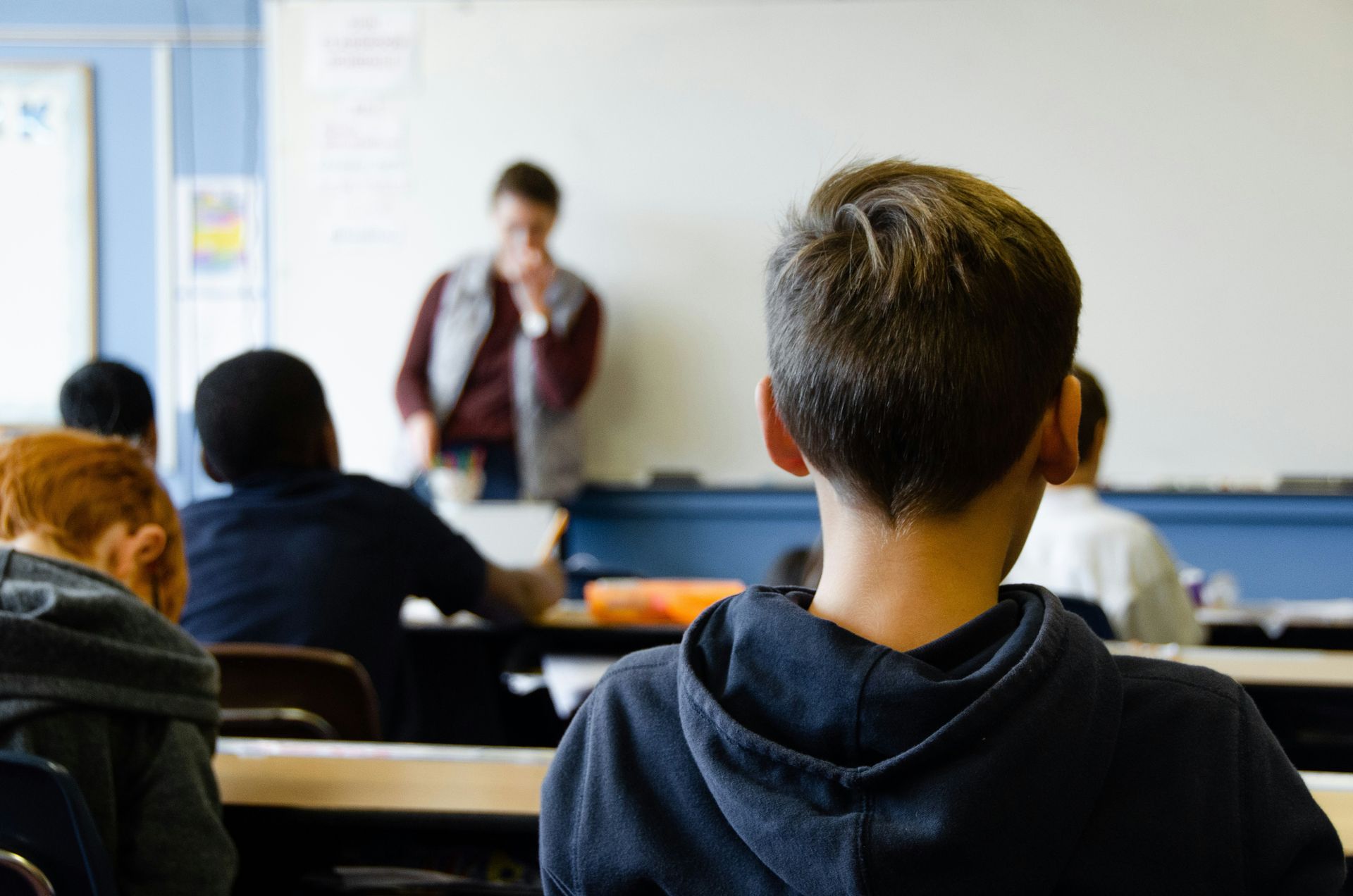Parental Advocacy for Academic Acceleration - Ayesha Umar
There is a plethora of empirical evidence about academic acceleration as best practice to cater to the needs of the gifted students (Assouline et al., 2015; Colangelo et al., 2010; Colangelo & Wood, 2015; Gagné, 2015, 2020; Gallagher et al., 2011; Gross, 2006) . Yet our educators hold back in implementing best practice.
Those of you who have gone down this road would relate to the following statements by educators in response to whole year academic acceleration: “He is a happy child. I don’t want to stress him.” “I don’t want to separate her from her friends.” “I am concerned about his social emotional health.” “How will she cope socially?” “We are extending her in the current year level. There is no need for whole year acceleration. It will only complicate things.”
While advocating for your child there comes a time when you start doubting yourself. You doubt that if you are doing right by your child by accelerating him a whole year that is making him skip a year at school. To ensure your child’s best interest, you must make an informed decision. The first step is to recognise the need for academic challenge in the classroom. Look for the signs. Is your child complaining of being bored at school? Is he causing trouble? Is he disengaged? If you answered yes to any of these questions then your child needs acceleration in terms of curriculum compacting, ability grouping or whole year acceleration.
Now evaluate your child’s current academic prowess. Check previously conducted tests. The best assessment could be done through off level testing. Off level tests as the name suggests, assess the student’s abilities in mathematics and reading at levels higher than his current year-level. Their results indicate the level of curriculum they are currently at. If the off level or adaptive tests show a whole year advancement in reading and mathematics, then your child probably needs whole year acceleration. Now get the writing assessed. If a student is an academic year ahead in reading, writing and mathematics then he needs a whole year academic acceleration.
Acquire evidence of this whole year academic advancement. This can be done through documenting test results, individual education plans (IEP) or school reports. Before you reach out to the teacher or the leadership of the school for whole year acceleration, strengthen your defences. Do some research around its efficacy for your child. Familiarise yourself with the policies for gifted students on state and national education websites. Collect references that support whole year acceleration.
To strengthen your arguments, find acceleration related information on state, national and international gifted and talented organisations websites. This information will help you understand the process better and also clear your personal doubts around social emotional development.
Lastly, read some literature in support of academic acceleration. You will only find research literature that supports acceleration as to date no research has proven it otherwise.
You are now equipped to advocate for whole year academic acceleration for your child. Reach out to the classroom teacher. Ask her what she can do to cater to your child’s growing academic needs in the classroom. If she doesn’t mention whole year acceleration, then bring her attention to the assessment results that are evidence of your child’s 12-month academic advancement. If she is still not convinced, then communicate with the year level coordinator. Follow the right line of hierarchy till you are heard.
Ask for a meeting with the principal and the classroom teacher. Take all the evidence that you have collected, both related to your child’s whole year academic advancement and that in support of acceleration on websites and in research. Advocate for your child.
If it still doesn’t work, then it’s time to look for a school that has a gifted and talented program. Look for educators who have accelerated their own gifted children. They will empathise with you. They will know where you are coming from. They will support you and facilitate your child in the most conducive way possible.
References
Assouline, S. G., Assouline, S. G., Colangelo, N., Gross, M. U. M., Templeton Foundation, Connie Belin & Jacqueline N. Blank International Center for Gifted Education and Talent Development, & National Association for Gifted Children (U.S.). (2015). A Nation Empowered: Evidence Trumps the Excuses Holding Back America’s Brightest Students v.1 and v. 2 v.1 and v. 2. Connie Belin & Jacqueline N. Blank International Center for Gifted Education and Talent Development, University of Iowa.
Colangelo, N., Assouline, S. G., Marron, M. A., Castellano, J. A., Clinkenbeard, P. R., Rogers, K., Calvert, E., Malek, R., & Smith, D. (2010). Guidelines for Developing an Academic Acceleration Policy. Journal of Advanced Academics, 21(2), 180–203. https://doi.org/10.1177/1932202X1002100202
Colangelo, N., & Wood, S. M. (2015). Counseling the Gifted: Past, Present, and Future Directions. Journal of Counseling & Development, 93(2), 133–142. https://doi.org/10.1002/j.1556-6676.2015.00189.x
Gagné, F. (2015). Academic talent development programs: A best practices model. Asia Pacific Education Review, 16(2), 281–295. https://doi.org/10.1007/s12564-015-9366-9
Gagné, F. (2020). Differentiating Giftedness from Talent: The DMGT Perspective on Talent Development (1st edition). Routledge.
Gallagher, S., Smith, S. R., & Merrotsy, P. (2011). Teachers’ Perceptions of the Socioemotional Development of Intellectually Gifted Primary Aged Students and Their Attitudes Towards Ability Grouping and Acceleration. Gifted and Talented International, 26(1–2), 11–24. https://doi.org/10.1080/15332276.2011.11673585
Gross, M. U. M. (2006). Exceptionally Gifted Children: Long-Term Outcomes of Academic Acceleration and Nonacceleration. Journal for the Education of the Gifted, 29(4), 404–429. https://doi.org/10.4219/jeg-2006-247
Disclaimer: The views and opinions expressed in this blog are those of the author and do not necessarily reflect the official policy or position of the AAEGT.
Share this resource
Resources












